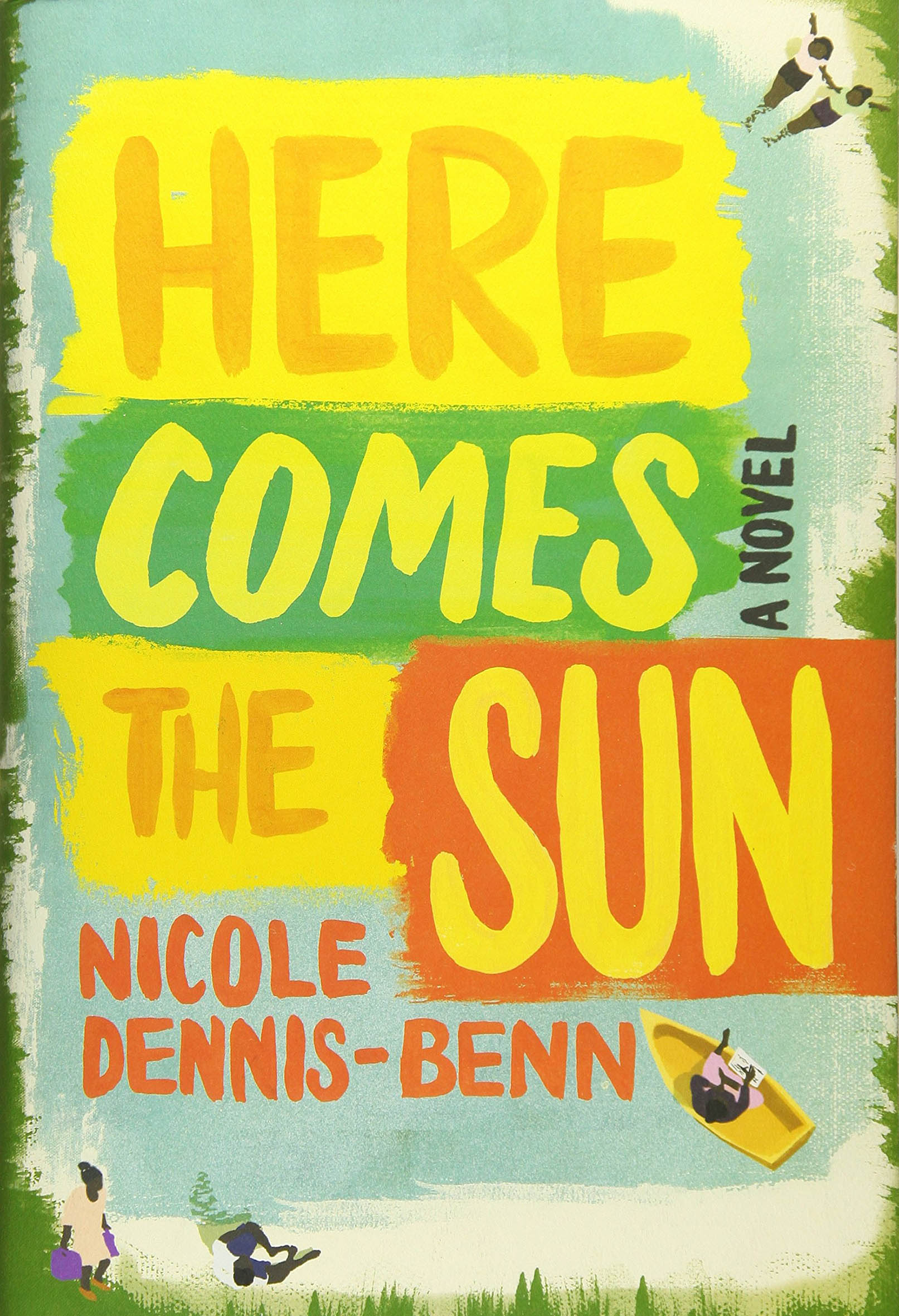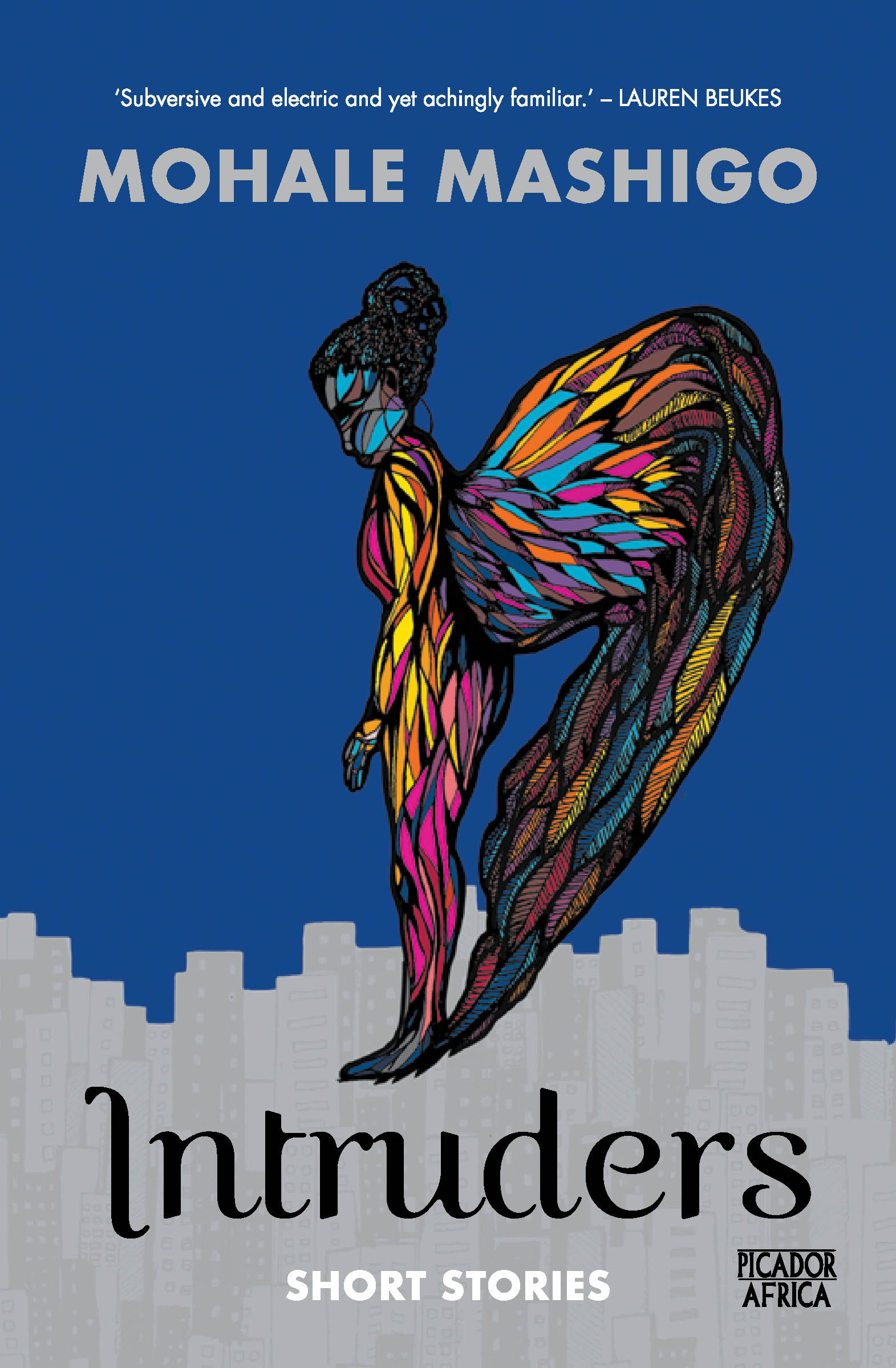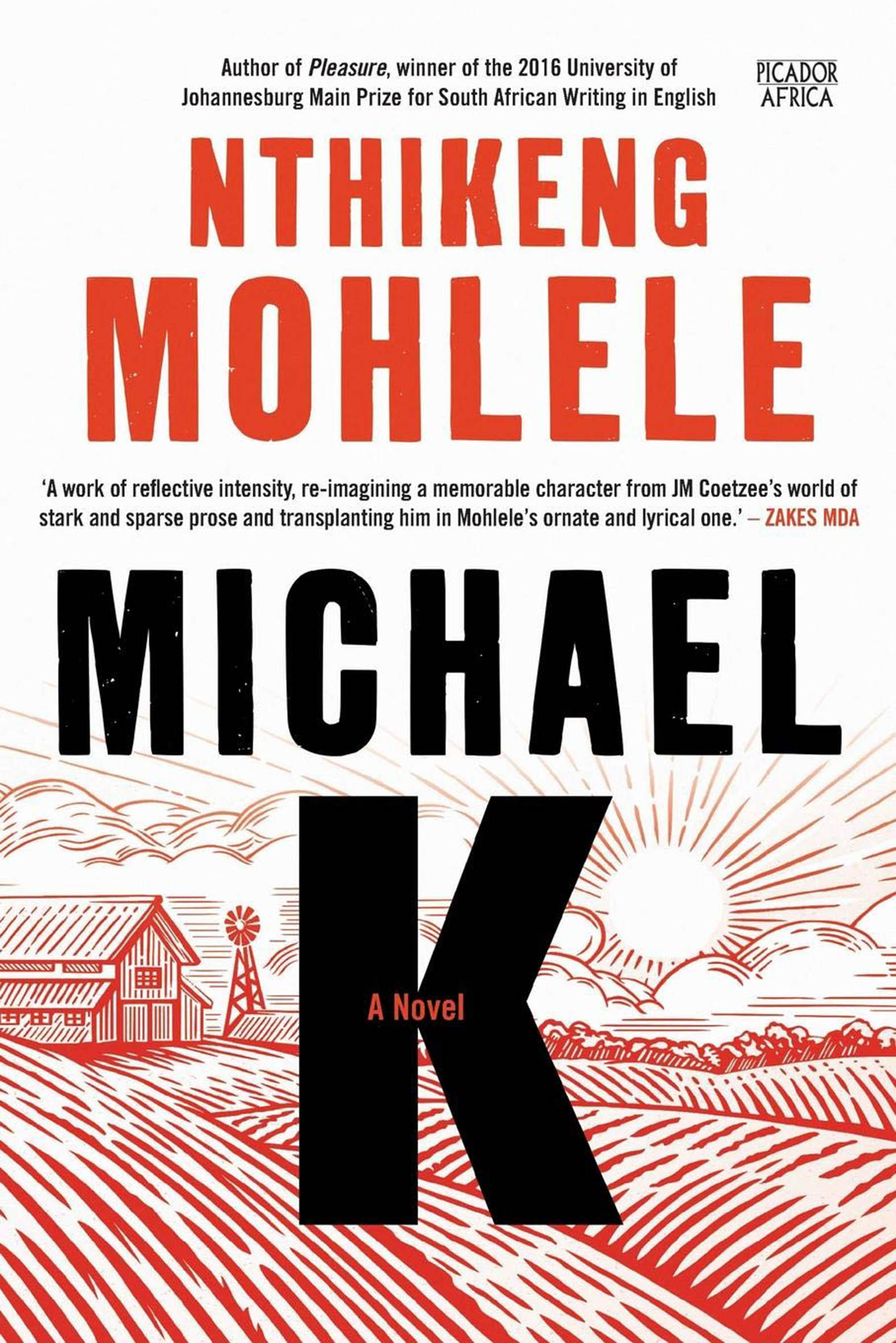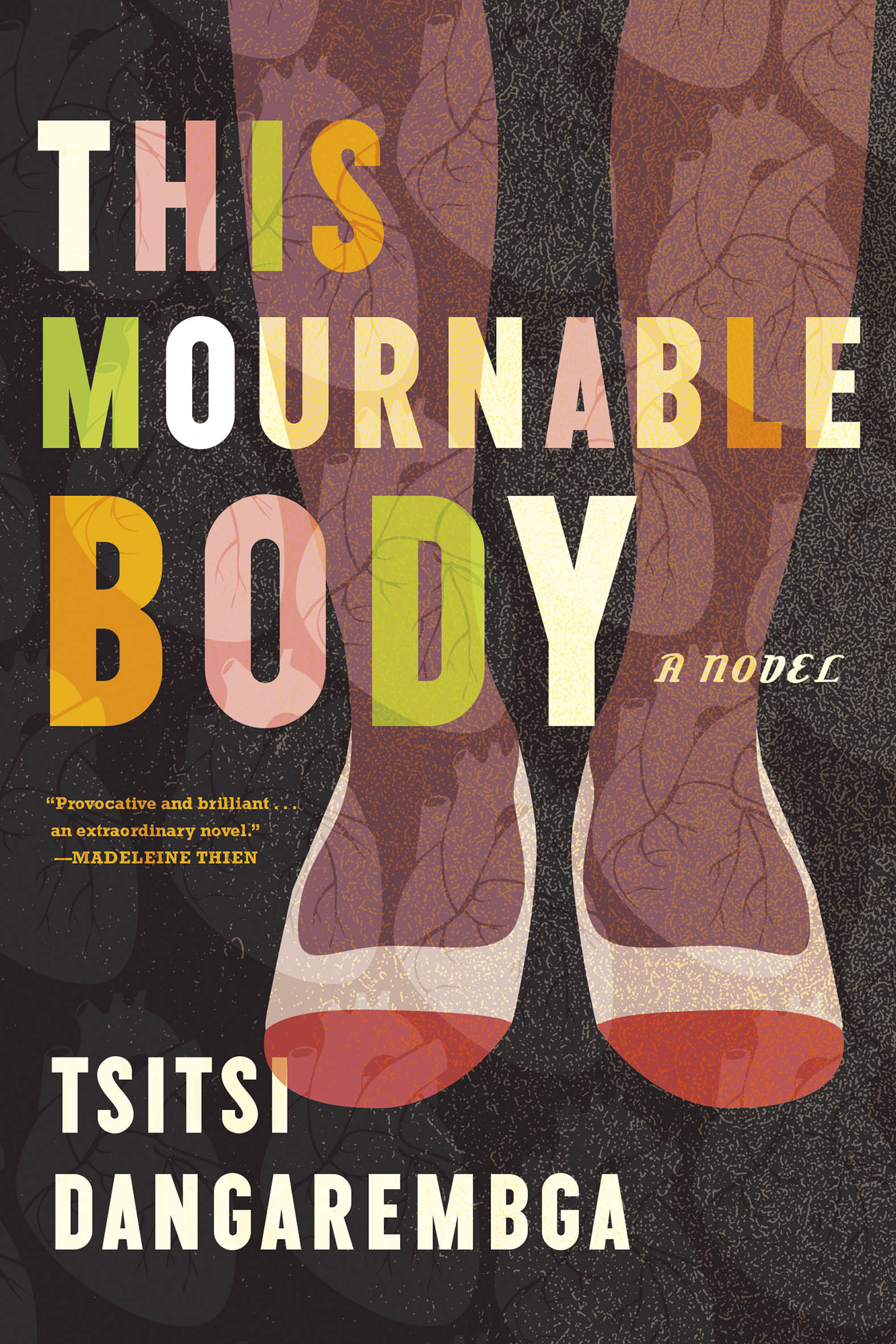The printed word: This selection of literature has been written by two South Africans, a Zimbabwean, a Nigerian and a Jamaican
These five notable books will help you to escape from unwanted companions and will add to that feeling of being on holiday.
Here Comes the Sun by Nicole Dennis-Benn (One World)

In this stunning debut, Jamaican writer Nicole Dennis-Benn takes us to Montego Bay where we meet a poor but ambitious family.
Pimped by her mother at a young age, Margot has learnt to use what she has to ensure that her younger sister Thandi doesn’t follow her path and becomes the doctor Margot may have wanted to become. Margot has realised that she can do this by manipulating men, although there is only one person for her, the resented Verdene, believed to be a devil because she is a lesbian. Thandi, private-schooled and protected from her older sister’s secrets, soon reveals her own sad secret to the poor village boy she is in love with.
With the unravelling of that one secret, more secrets are revealed. Margot, Thandi, Verdene and the people in their small community will never be the same again.
Intruders by Mohale Mashigo (Picador)

Not since Lauren Beukes’s Zoo City have I enjoyed fantastical fiction rooted in the African continent as much as I did these 12 short stories.
In the collection, addiction is humanised. We encounter a young man trying to save his best friend who has lost his humanity to nyaope. In The High-Heeled Killer, a man who mocks a woman loses his life. A third story is about two sisters reluctantly protecting men from avenging spirits that destroy those who have committed gender-based violence. Another is about a young woman discovering that she is not who she thought she was when she attempts to get intimate with a man she is interested in. Climate change features in a story about the sun disappearing.
The stories are in some ways scientific and in others magical; just do not, whatever you do, call them Afrofuturism. Mohale Mashigo denounces this label for her work in a brilliant introduction to the collection that should make for a fantastic discussion between her and fantasy and science fiction writer Nnedi Okorafor.
Michael K by Nthikeng Mohlele (Picador)

This novel is possibly the bravest book of the year. Nthikeng Mohlele, a declared fan of JM Coetzee, gives the reader his take on Coetzee’s Michael K in The Life and Times of Michael K.
The result is a work of intense beauty that I am sure would flatter Coetzee. Where other writers focus on plot and give merely functional prose, Mohlele is incomparable in the art of words. As one reads Michael K, it is as though the writer has lovingly carved each word and placed it right where it should be and the result is some of the most beautifully crafted sentences to be found in South African literature.
Mohlele’s Michael K is narrated by Michael’s neighbour, Miles, an aspiring poet. Miles shouldn’t be an aspiring poet though.
Having revisited this book at least three times since it came out, I am always richer in language after reading it.
Lives of Great Men by Chike Frankie Edozien (Jacana)

In my favourite nonfiction work of the year, Frankie Edozien documents homosexuality among Africans in Nigeria and in the diaspora, starting with his own journey.
Edozien bursts the often repeated myth about homosexuality being a Western concept as he travels to rural towns in Ghana where the men we meet have never been outside their town.
An openly gay man, Edozien has sympathy for the subjects he documents in his book and shows an understanding for those who may be down-low and married yet, to use his own euphemism, “do coffee” away from home. His explanation is that African societies have become too judgmental of people’s sexuality. As an example, a gay couple in Abuja who had plans to invest in the hospitality industry are run out of town because a neighbour lets it be known that they practise “homosexualism”. They are now running a hotel in Southeast Asia, a loss to Nigeria because of homophobia.
This Mournable Body by Tsitsi Dangarembga (Graywolf)

The book brings us full circle back to many of the characters we met in Tsitsi Dangarembga’s Nervous Conditions.
Tambudzai, though much older, returns with an air of quiet disdain for anyone she considers beneath her. She sees but does not speak out against injustices and sometimes is part of the injustice. Mainini Lucia is as feisty as ever and now, as an ex-combatant, is using the skills she learnt in China to start her own outfit with a fellow comrade. Nyasha, now married, is still battling patriarchy that sometimes leaves her defeated; for example, when she has to deal with her domestic workers, the married couple Mai Taka and her husband Silence, who is anything but. Nyasha’s relationship with Tambudzai shows the latter exhibiting the same lack of sympathy that she did when they were still young.